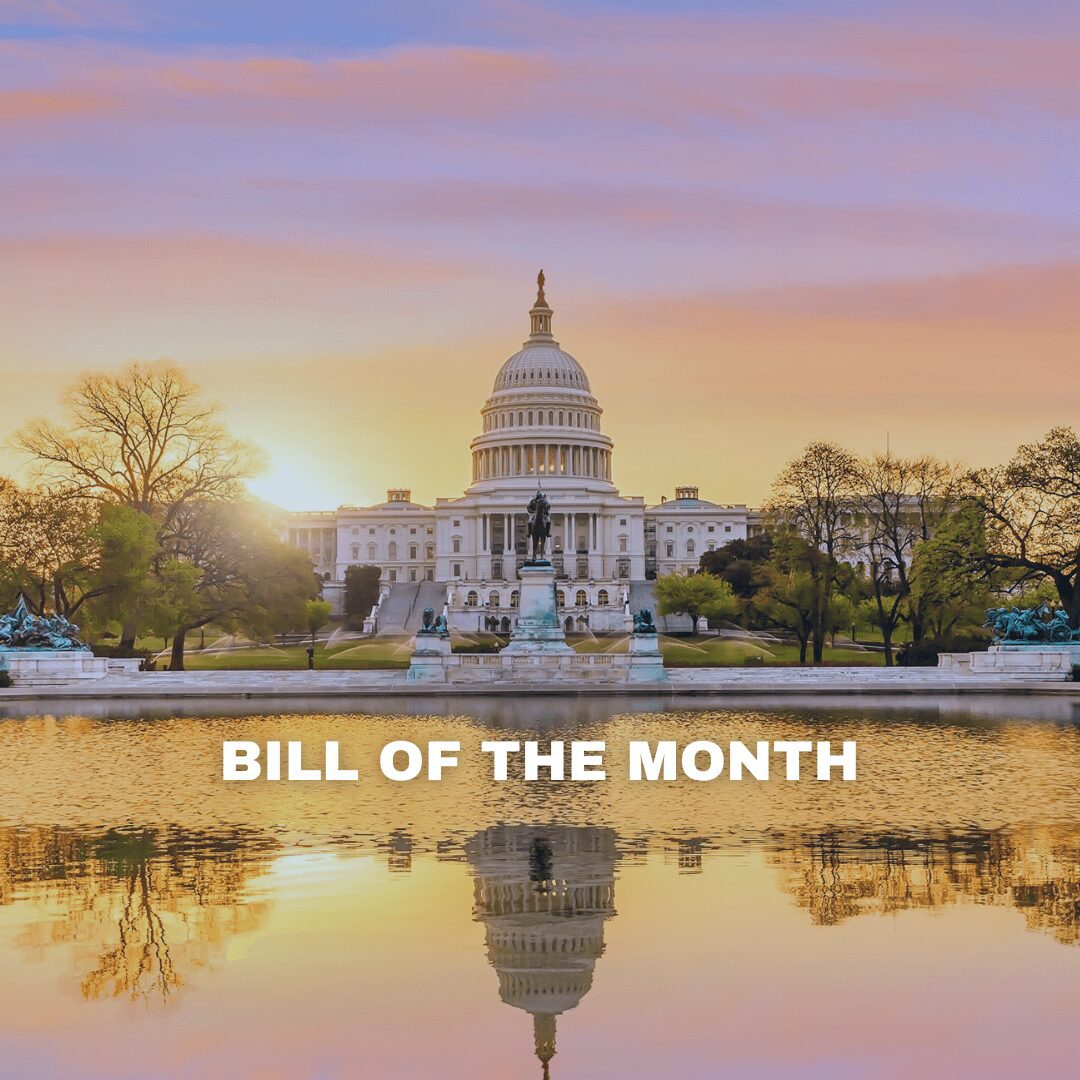
October Federal Bill of the Month – H.R. 10050 – Pharmacy Audit and Compensation Transparency Act
Michael Mohr-Ramirez
October 30, 2024
Sponsors: Reps. Celeste Maloy (R-Utah), Raja Krishnamoorthi (D-Ill.), and Diana Harshbarger (R-Tenn.)
H.R. 10050 – Pharmacy Audit and Compensation Transparency Act
The Pharmacy Audit and Compensation Transparency Act (PhACT Act), introduced by Reps. Celeste Maloy (R-Utah), Raja Krishnamoorthi (D-Ill.), and Diana Harshbarger (R-Tenn.) would direct the Secretary of Health and Human Services (HHS) to investigate pharmacy benefit manager (PBM) auditing practices.
PBMs’ lack of transparency and accountability is costly for taxpayers and businesses. If is for these reasons, among others, that the Taxpayers Protection Alliance (TPA) is pleased to make the Pharmacy Audit and Compensation Transparency Act (PhACT Act) its Bill of the Month for October 2024.
Background:
Independent and other community pharmacies are crucial to Americans’ ability to access prescription drugs. PBMs emerged in the late 1980’s to counter rising drug prices. These third-party administrators serve as middlemen between insurance companies, pharmacies, and drug manufacturers. PBMs represent commercial health plans, self-insured employer plans, Medicare Part D plans, the Federal Employees Health Benefits (FEHB) program and state government employee plans. The role of PBMs is to use strong purchase power to negotiate discounts from manufacturers in the form of rebates. These rebates, in theory, should be passed down to insurers and patients, resulting in lower drug prices. In practice, PBMs have not lowered the cost of drugs.
When issuing reimbursements, PBMs often audit pharmacists, despite lacking clear metrics or justification, and then use these audits as a pretense to withhold further reimbursements. According to a study by the National Community Pharmacists Association (NCPA), in 2024, more than 2,000 pharmacies closed, with a third of those considering permanently closing. Many among these cite PBM audits as the reason for closing.
Lawmakers and regulators must do more to prevent the predatory practices of PBMs, especially in taxpayer-funded health insurance plans. In addition to unjustified audits that force businesses to close their doors, PBMs regularly engage in spread pricing, where they bill the insurance plan more to process a prescription than they reimburse the pharmacy, while pocketing the difference as revenue. NCPA has done further reporting on these impacts for taxpayers, finding that between 2017 and 2018, PBMs generated $225 million through price spreading on taxpayer-funded plans in Ohio and $123.5 million from plans in Kentucky.
The data is clear – PBMs are hurting taxpayers, consumers, insurers, and small businesses, and they must be reined in.
